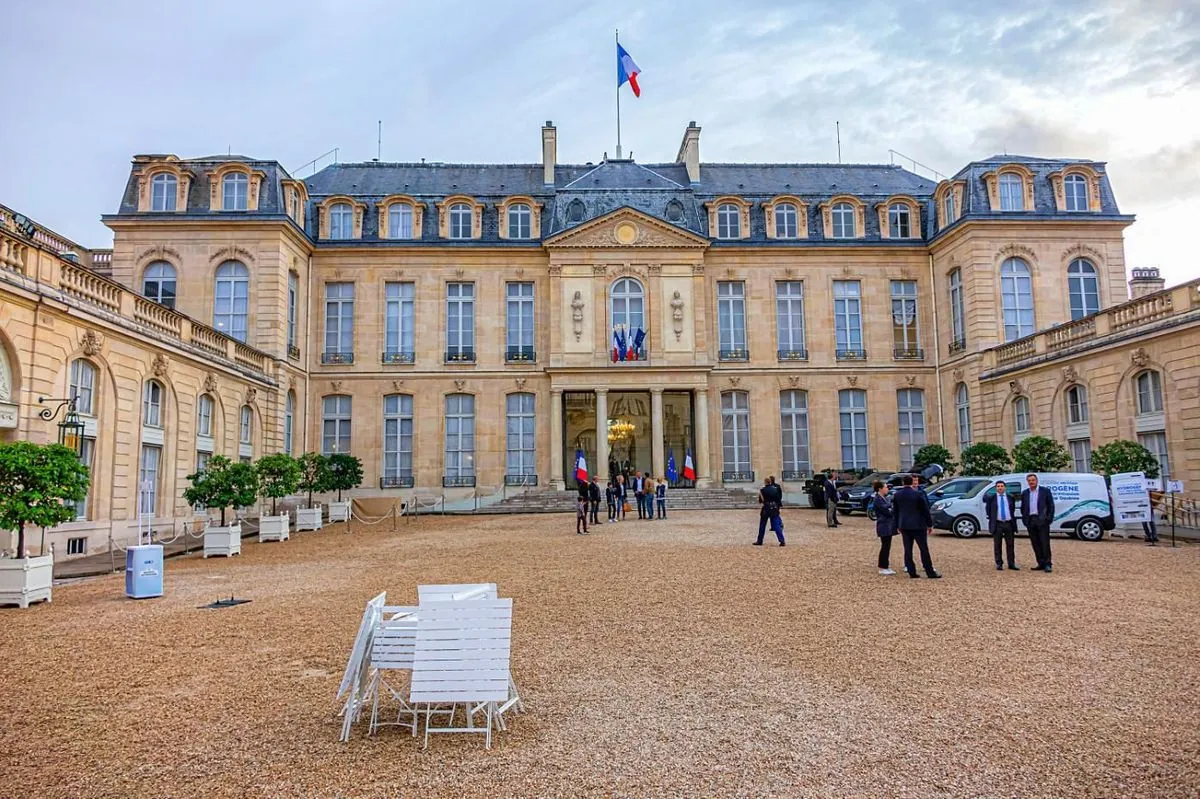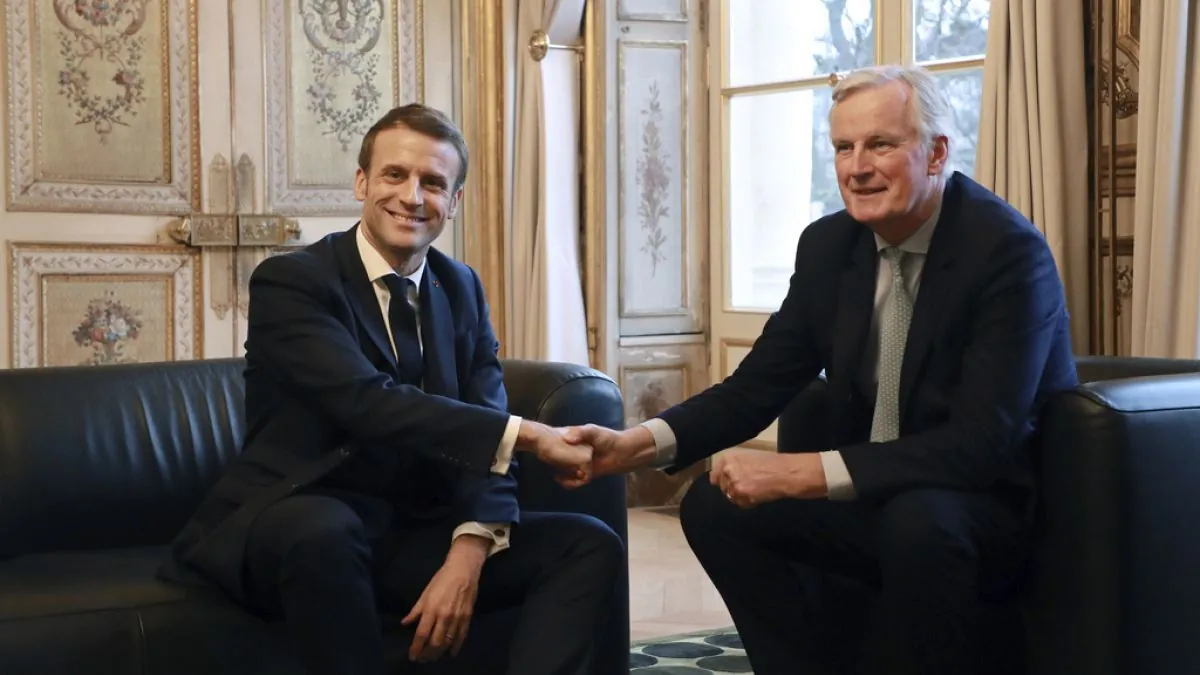New French Government Formed After Months of Political Negotiations
France unveils center-right government following hung parliament. Conservative PM Michel Barnier forms cabinet after complex talks, with President Macron's approval, addressing political divisions.

In a significant political development, France has unveiled its new center-right government, marking the end of a prolonged period of negotiations following the inconclusive parliamentary elections held in June-July 2024. This announcement, made at the Élysée Palace on September 21, 2024, comes more than two months after the polls that resulted in a hung parliament and exacerbated political divisions in the country.
The formation of this government underscores the complexities of France's semi-presidential system, which has been in place since the establishment of the Fifth Republic in 1958. Despite a left-wing coalition securing the most seats in the 577-member National Assembly, they fell short of an outright majority, necessitating intricate political maneuvering.
Michel Barnier, the conservative Prime Minister appointed by President Emmanuel Macron, played a crucial role in assembling the new cabinet. Barnier, known for his previous role as the European Commission's Head of Task Force for Relations with the UK, faced the challenging task of navigating France's multi-party landscape to form a viable government.

President Macron, who is serving his second term after his initial election in 2017, gave his approval to the new government lineup. This decision reflects the delicate balance of power in French politics, where the President is responsible for appointing the Prime Minister but must consider the parliamentary majority.
The protracted government formation process highlights the rarity of coalition governments in modern French politics. Traditionally dominated by a left-right division, the country's political scene has become increasingly fragmented, challenging the established norms of governance.
France's position as a founding member of the European Union adds another layer of significance to this governmental transition. The new administration will be tasked with addressing both domestic challenges and maintaining France's influential role within the EU.
"This new government formation represents a critical juncture in French politics, testing the resilience of our institutions and the ability of diverse political factions to collaborate for the nation's benefit."
The French Constitution's provision for cohabitation, allowing a President and Prime Minister from different parties to govern together, may come into play depending on the final composition of the cabinet. This arrangement, while not unprecedented, could add further complexity to policy-making and governance.
As France moves forward with its new government, the eyes of the nation and the international community will be watching closely to see how this center-right administration navigates the challenges ahead, balancing domestic priorities with France's global commitments.


































